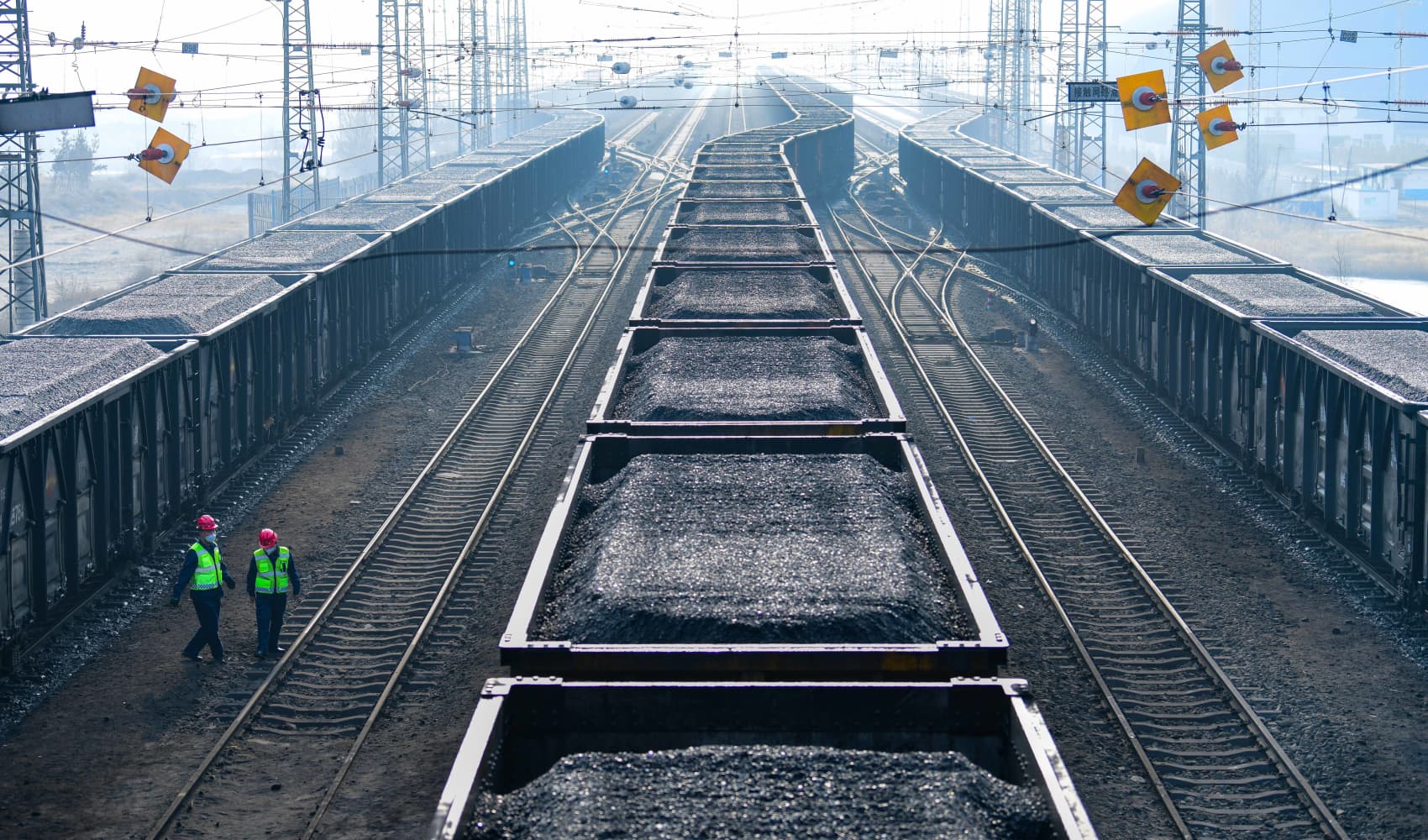
- Mainland China is facing its worst Covid-19 outbreak since the height of the pandemic in 2020.
- Shenzhen, the biggest city in the manufacturing hub of Guangdong province, told all businesses not involved with essential public services to suspend production or have employees work from home starting Monday.
- Shanghai, the coastal metropolis home to many foreign businesses and financial firms in China, has reverted schools to online classes.
WATCH ANYTIME FOR FREE
>Stream NBC10 Boston news for free, 24/7, wherever you are. |
BEIJING — Mainland China is facing its worst Covid-19 outbreak since the country clamped down on the pandemic in 2020, with major cities rushing to limit business activity.
Shenzhen, the biggest city in the manufacturing hub of Guangdong province, told all businesses not involved with essential public services to suspend production or have employees work from home for a week starting Monday.
Get updates on what's happening in Boston to your inbox. Sign up for our >News Headlines newsletter.
The production halts include Apple supplier Foxconn, which said in a statement to CNBC its factories in the city would remain closed until notified by the government.
The city, sometimes called China's "Silicon Valley," has shut public transportation and begun a third city-wide round of testing. Shenzhen has reported more than 400 confirmed cases since late February.
Those numbers and case counts across China pale in comparison with other countries. But the rapid increase in cases in the last few days has local authorities rushing to control the outbreak as China seeks to maintain its zero-Covid strategy.
Money Report
Shanghai, the coastal metropolis home to many foreign businesses and financial firms in China, has reverted schools to online classes. Some neighborhoods have entered lockdown and conducted mass testing, and residents typically cannot leave until results come back negative.
The city on Saturday told residents not to leave Shanghai unless absolutely necessary. More than 600 confirmed cases have been found since late February.
Jilin province in northern China reported an overnight surge this past weekend of over 1,000 new locally transmitted coronavirus cases, for a total of more than 2,900 cases this month as of Sunday.
In all, mainland China reported 1,437 new confirmed cases as of Sunday — with only 100 attributed to travelers from overseas — for a total of 8,531 domestically transmitted active cases. That's the most since March 2020. No new deaths have been reported.
Hong Kong, a special administrative region just across the border from Shenzhen, has fought a resurgence of Covid cases in the last few weeks. The region has the highest number globally of new Covid-related deaths per million people, according to Our World in Data.
Hong Kong's outbreak stems from the highly transmissible omicron variant, which has since spread to the mainland.
Beijing city on alert
The capital city of Beijing said Sunday it identified six sources of transmission for the latest handful of municipal cases, mostly reported around the downtown and eastern parts of the city. Local authorities said anyone returning to Beijing must not attend gatherings for seven days following arrival.
For months the capital has had one of the strictest Covid control policies in the country. Travelers must show a negative Covid test taken 48 hours before entering Beijing, and take another test within 72 hours of arrival. If their 14-day travel history shows they visited a locale with a confirmed case, they are not allowed into the city.
After the emergence of Covid-19 in Wuhan in late 2019, mainland China shut down more than half the country in February 2020 to control the outbreak. Domestically, the virus came under control within weeks, but Covid had spread overseas in a global pandemic.
As of Monday, South Korea followed by Germany have the highest 28-day new case counts at 5.2 million and 4.8 million, respectively, according to Johns Hopkins data. The U.S. has recorded the most deaths, at more than 967,000 as of Monday morning Beijing time.
Zero-Covid isn't going away
Mainland China has maintained a strict "zero-Covid" policy for the last two years. The travel restrictions and potential for swift lockdowns have weighed on domestic tourism and services businesses, dragging down consumer spending.
An annual parliamentary meeting that wrapped up Friday gave no signs that the central government plans to loosen its Covid control policy, although official statements in recent months have added terms such as "dynamic."
Vice Premier Sun Chunlan said at a government meeting for epidemic control Saturday that the country should keep following the "dynamic" zero-Covid policy and that all measures should be taken to prevent a large-scale virus resurgence.
Her remarks, as published by state media, ended with a call to prepare the way for a top meeting of the ruling Chinese Communist Party later this year. Chinese President Xi Jinping is expected to receive an unprecedented third term at the meeting.
Abandoning zero-Covid "now could be perceived as conceding that the strategy did not work in the first place," Nomura's chief China economist Ting Lu said in a note Friday.
"The next 12 months are a crucial time for the one-in-a-decade leadership change, which is pushing top leaders to stick to the status quo in order to avoid making policy mistakes," he said. "Pictures of many Hong Kong Covid patients treated outside overwhelmed hospitals have further convinced Chinese officials and the masses that ZCS is China's only viable solution to the coronavirus."
China's Center for Disease Control and Prevention published a study in November that said shifting to the coexistence strategy of other countries would likely result in hundreds of thousands of new daily cases and devastate the national medical system.
But, Lu said, the economic costs of the zero-Covid strategy are rising, while the benefits are diminishing.
"Amid rounds of lockdowns and travel bans across China," he said, "more individuals are feeling the pinch, becoming worn out, unemployed or underemployed, and have drained their savings to a level at which they have to reduce spending."






